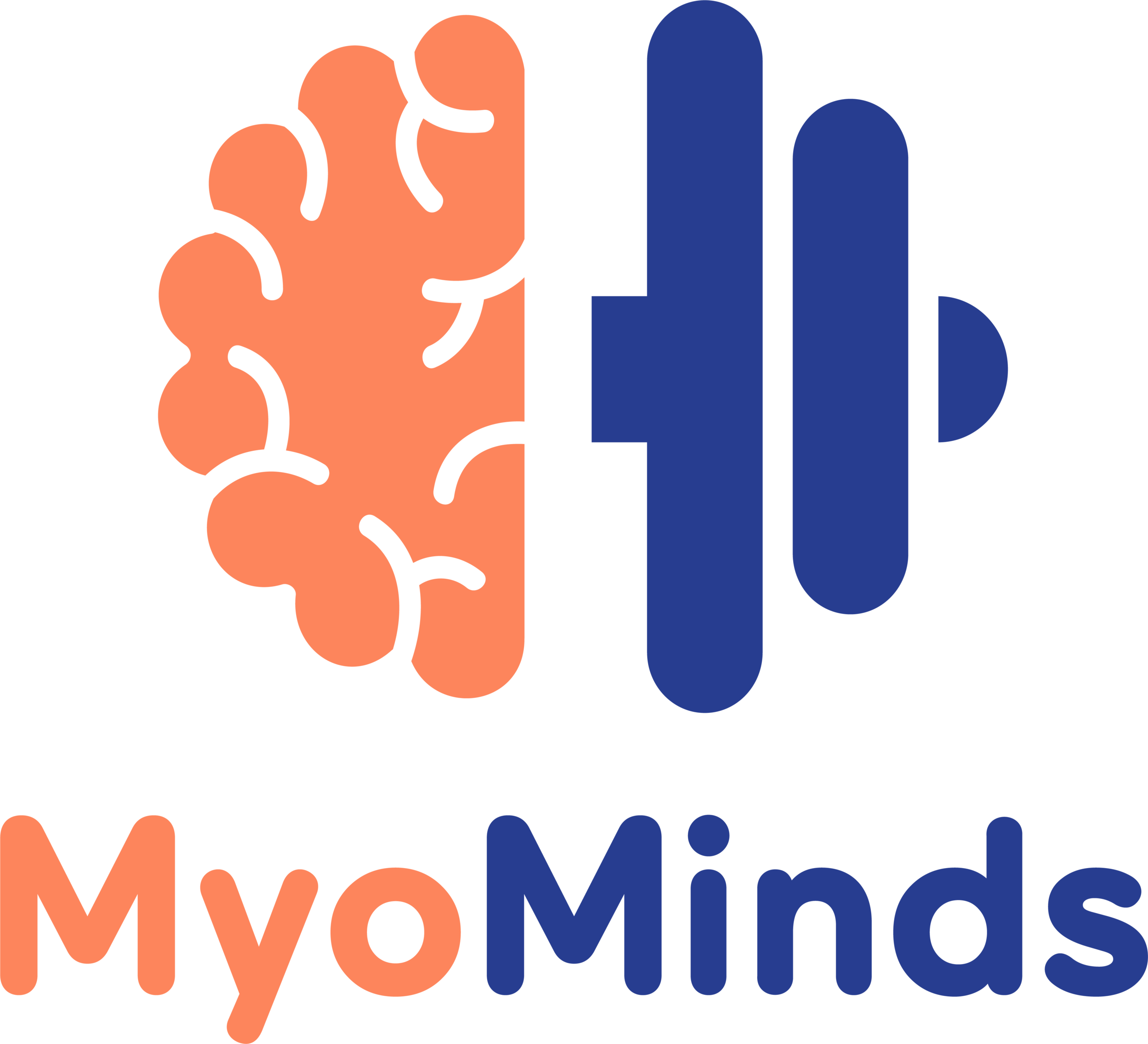Darren’s Story
1) Give a short biography of yourself, particularly your occupation and experience in sport.
I empower stressed out professionals to thrive under pressure by training them in practical mind techniques to help them to overcome overwhelm. Using concepts from mindfulness, I'll bring in a variety of activities from, of course, meditation through to physical movement and art.
Having gone through university and pursued a career in the corporate world, I understand how life and work pressures can become overwhelming, causing stress and anxiety.
In terms of sport, I've done some kind of sporting activity all my life - kung fu, tennis, tai chi, skateboarding, rock climbing to name a few.
2) What personal experiences with mental health do you have? Either with yourself, people in your field or friends.
In recent years, having lost my dad to cancer, I have experienced and shared a deep sadness with my close family. I've also witnessed friends having to battle stress, anxiety and depression due to various personal challenges.
From a professional perspective, as I go into businesses and schools to train people in mindfulness techniques, I meet a lot of stressed out people who are overwhelmed with the amount going on in their work and lives.
3) How do you feel sport/fitness affects mental health?
Physical activity is great on three counts:
-It reduces stress hormones such as cortisol
-It increases endorphins
-It can be distracting from your everyday stresses.
On the other hand, it can create stress and anxiety - you have seen how professinal tennis players smash up their racket during a match or a football player punches another player!
It all depends on what is going on in a player's mind.
We can be super competitive during a match and this desire to win can create stress and anxiety. Not only can this make us short-tempered but it also stiffens us up and means we don't perform as well. You may start thinking of your technique when you're about to hit a ball and will then move less fluidly.
You might just feel nervous for fear of losing a point and that also stiffens you up physically.
Ultimately, we need to trust our body and know that our body has learnt the technique during training so we should not start thinking or analysing but focus on remaining calm by using some kind of stress reduction technique eg mindfulness. On a mental level, this activates the right parts of the brain dealing with analysis and logic rather than the parts of the brain dealing with defence and running away in blind panic!
4) What advice do you have for people in sport/fitness who struggle with mental health issues?
Play your sport or do your fitness activity without worrying about your performance or achieving a personal best. Just do it for the fun of it. Do it to enjoy the movement. Focus on the movement and how it feels, not worrying about whether you're achieving, succeeding or performing to your very best.
If I'm in a tennis match where the odds are overwhelming, I'll just play for the trick shots just to entertain myself.
5) What advice do you wish you had been given before going through (or observing) the experiences you have?
Learn to be more accepting of what is; to learn not to judge or criticise things that I'm not happy about.
6) Do you have an extra message you wish you add?
Develop a mindfulness practice - that is, practice basic mindfulness everyday, simply focusing on something going on right now and keeping your focus on that something without judging, criticising, liking or disliking it or your reaction to it. Do this everyday for a few minutes.
It's a simple practice that gets easier and becomes part of your way of thinking over time. Doing it just once might feel relaxing but it won't have any long term, life changing benefits.
To learn more about mindfulness, sign up for my free short course, Five Steps to Inner Calm: http://www.wimble.com/free/
Facebook: @wimblemindfulmotion

